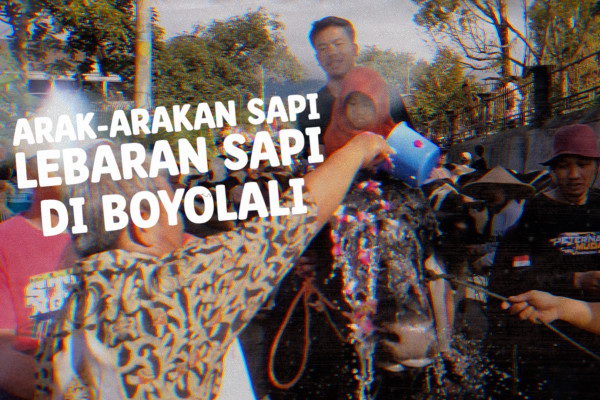
Melihat Lebaran Sapi di Desa Musuk Boyolali
Lebaran is a time of joy and celebration for Muslims around the world. It marks the end of Ramadan, the holy month of fasting, and is a time for family gatherings, feasting, and giving to those in need. In Indonesia, one of the most anticipated traditions during Lebaran is the slaughtering of cows to provide meat for festive meals.
In the small village of Musuk in Boyolali, Central Java, the tradition of slaughtering cows for Lebaran is a community event that brings the whole village together. The process of preparing for Lebaran starts weeks in advance, with villagers coming together to raise funds to purchase the cows. Each family contributes what they can, and the cows are purchased and kept in a communal pen until the day of the slaughter.
On the morning of Lebaran, the whole village comes together to witness the slaughtering of the cows. The process is done in a humane and respectful manner, in accordance with Islamic teachings. The meat is then distributed among the villagers, with each family receiving a portion to cook for their festive meals.
The sight of the cows being slaughtered can be a somber one, but it is also a reminder of the sacrifices made during Ramadan and the blessings of abundance that come with the end of the fasting month. For the villagers of Musuk, the tradition of slaughtering cows for Lebaran is a way to come together as a community, to give back to those in need, and to celebrate the spirit of togetherness and generosity that defines the holiday.
As the day of Lebaran comes to a close, the village of Musuk is filled with the scent of cooking meat, the sound of laughter and music, and the sight of families coming together to share a meal and celebrate the end of Ramadan. The tradition of slaughtering cows for Lebaran in Musuk is a reminder of the importance of community, generosity, and gratitude during this special time of year.